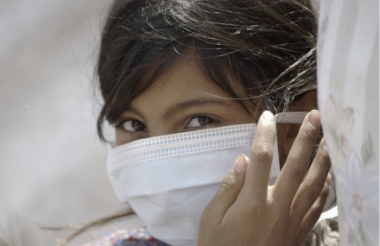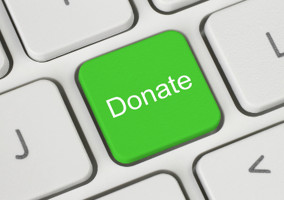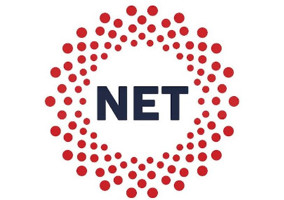The Disasters Emergency Committee (DEC) has raised £5m in one day through its coronavirus emergency appeal.
DEC launched the appeal on 14 July with the aim of raising money for people living in the world’s most deprived countries and supporting them during the coronavirus pandemic.
DEC is a coalition of 14 aid charities, including Oxfam, Save the Children and Islamic Relief, which already have a presence in the countries the appeal is fundraising for but need to raise more money to scale up their support.
The appeal featured yesterday evening on BBC, where it was presented by Anita Rani, and on ITV, Channel 4, Channel 5 and Sky, where it was presented by actor and musician Riz Ahmed. Singer Annie Lennox also presented an appeal for DEC Scotland.
The UK government is match-funding the first £5m raised by the appeal.
The appeal aims to support refugees and people living in the world’s five most fragile states (Yemen, Syria, Somalia, South Sudan and the Democratic Republic of Congo) plus Afghanistan, the most fragile state in Asia, and the world’s largest refugee camp, in Cox’s Bazar, Bangladesh.
DEC says that there are 24 million internally displaced people in these countries, as well as 850,000 Rohingya people living in Cox’s Bazar. The appeal’s priorities are to provide them with clear water, food and medical supplies.
While DEC focuses on overseas emergency appeals, in the UK the main appeal to get support to communities during the pandemic is run by the National Emergencies Trust. The appeal was launched in March and has raised more than £86m so far.
Saleh Saeed, chief executive of DEC, said: “Here in the UK we have all had to make unprecedented sacrifices to protect each other and save lives, so it is deeply humbling to also see the British public responding so generously to those in the world’s most fragile places who desperately need our help.
“We are very fortunate here to have an incredible National Health Service which has cared for those who have fallen ill. The money so generously donated to the DEC appeal will help people in countries where there is no NHS; families who have fled conflict and hunger – and who are now living in overcrowded refugee and displacement camps with few hospital beds or medical supplies.”
Related articles












